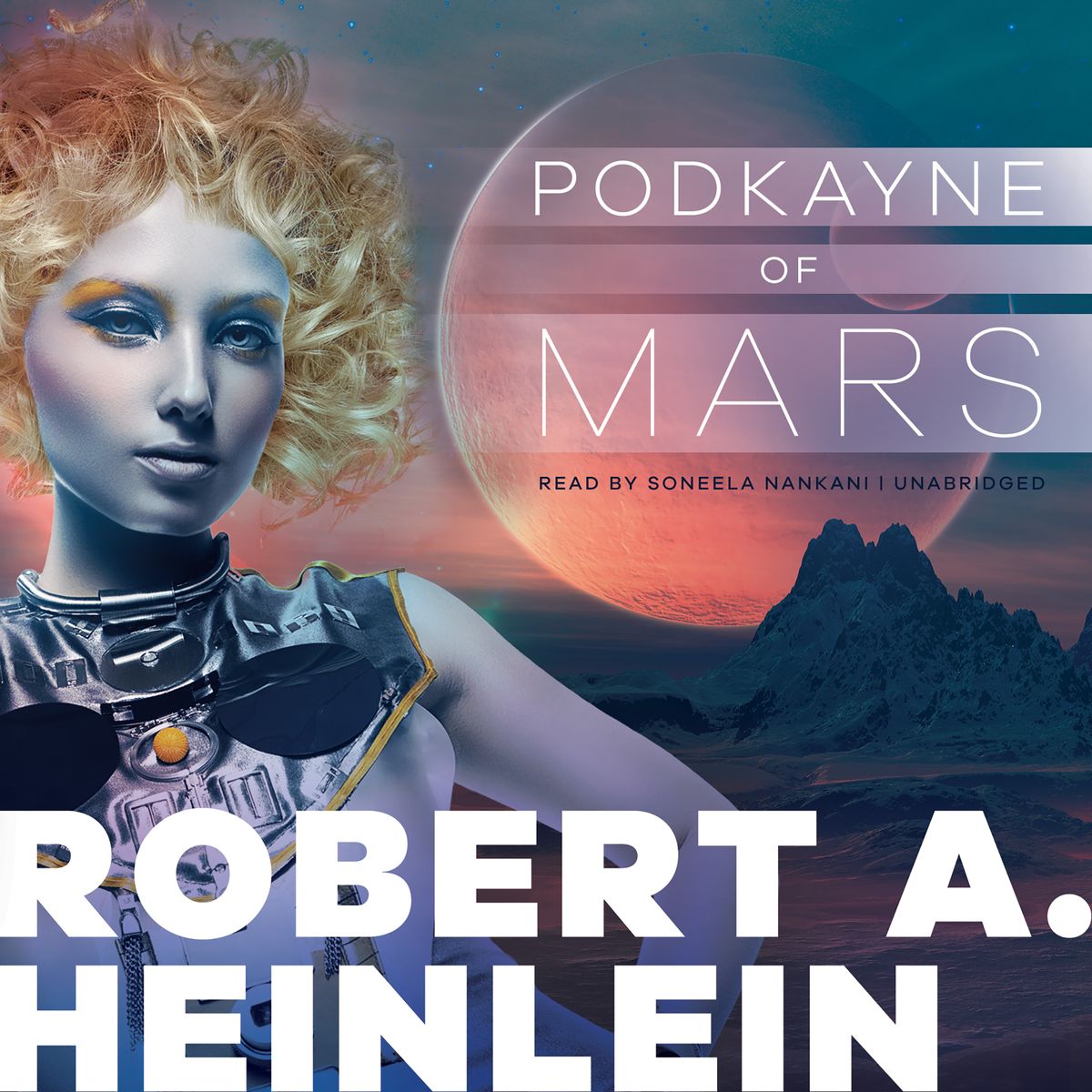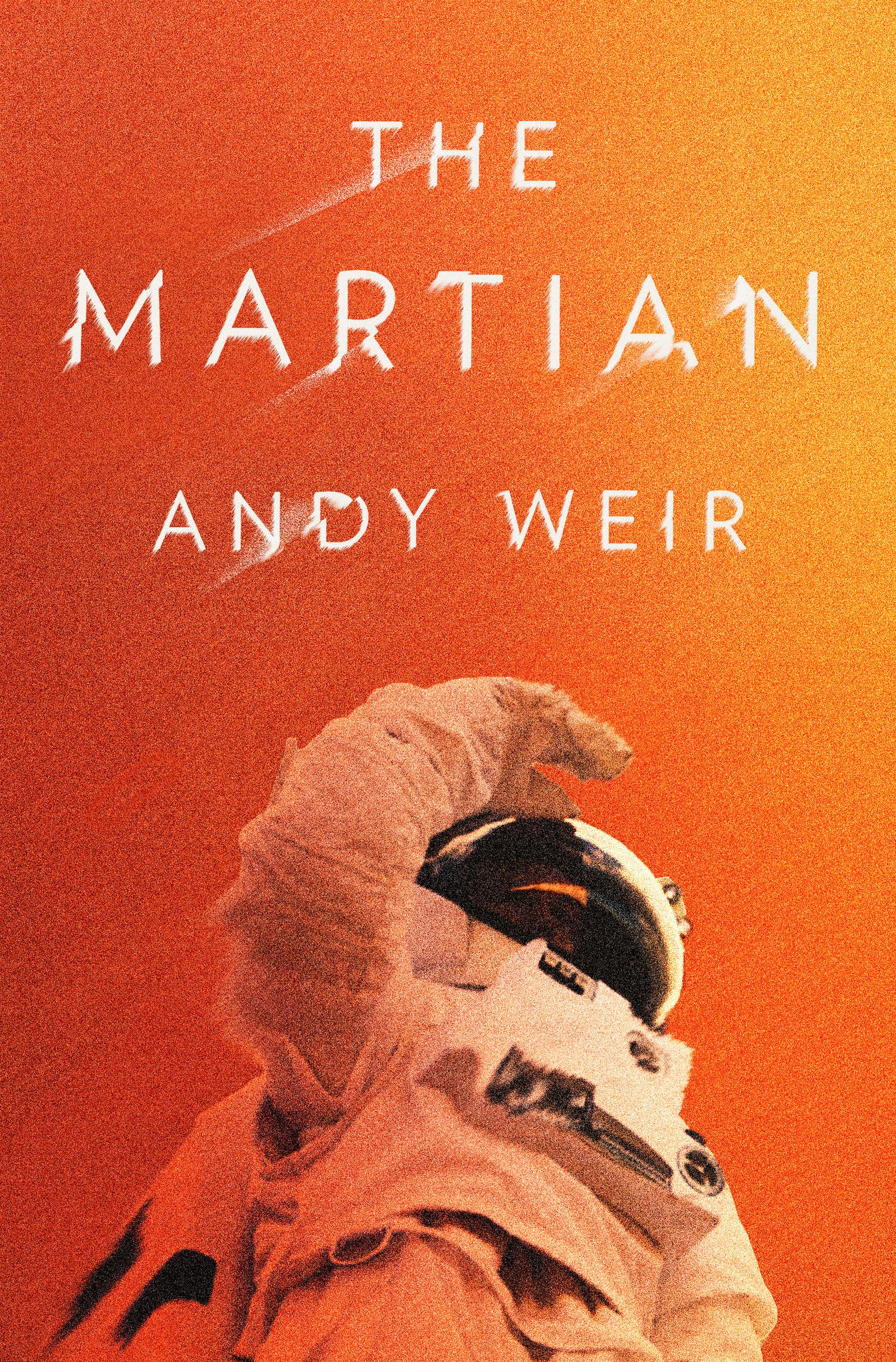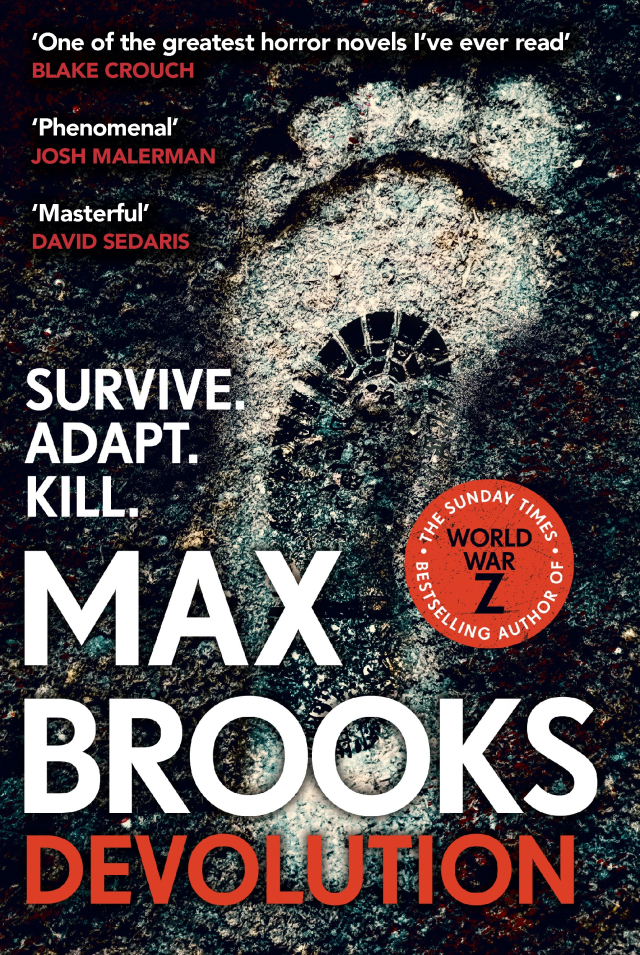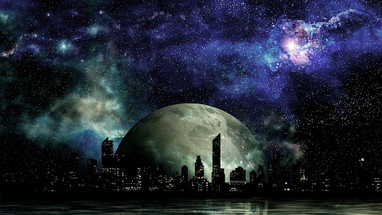Posted by Megan Dailey on 9th Jul 2020
Hard Sci-Fi is Easy to Love
I never thought I’d live to see a day when science facts were considered debatable, but here we are. Just so we’re clear here, I’m a science believer - the Earth is round, climate change is the result of human action (and inaction), and vaccines save lives. Look, there are plenty of instances where scientists have done things simply because they could, regardless of whether or not they should; but that has more to do with the nature of man, not science itself. Me, my brain is hardwired for the arts - I’ve spent way more time in studios than laboratories, but I have tremendous love and respect for the hard sciences and much of that love came from the science fiction books and movies I devoured from an early age. The first movie I remember seeing as a kid - Star Wars. I was a few weeks shy of four years old when my dad took me to see Star Wars. When the Star Destroyer Devastator filled the screen of the Capitol theater, I climbed down from my dad’s lap, wrapped my hands around the brass rail of the balcony and stood in thrall for the next two hours. My childhood wasn’t much different from most of the other little girls in my neighborhood, I just happened to have a Millennium Falcon in addition to a Barbie Dream House. When I was about ten, I got sick - tonsillitis, if I remember correctly, and my dad sat by my bedside and read to me for hours. Apparently, my fever was very high and more than a little scary so I don’t remember most of what my dad read to me; but two of the short stories he read to me still ring clear in my memory. I’m not going to summarize them for you - they are both just a few pages long; instead, I found PDFs of both! Ladies and gentlemen, children of all ages I give to you, The Star and The Nine Billion Names of God - both by Arthur C. Clarke. Enjoy.
Now, I love a star war as much as the next guy, maybe more than a few; but overall, I like my sci-fi on the hard side. Hard sci-fi relies heavily on logical application of math and science to drive the story, to me it feels attainable, realistic. When I see or read equations and explanations of scientific principles and processes, I can sink into the story and let it wrap around me secure in the knowledge that things are working as they can and should. I relish a well-defined story universe that doesn’t require too many leaps of faith on my part. Fortunately, I paid just enough attention in my science classes to understand the basics; but not so much that I am distracted the tiny fallacies and flights of fancy that tend to add spice to a story - I’m generally bummed out when I catch wind that someone who still owns a slide rule picks apart a story I love and declares the story ruined due to a tiny miscalculation. I like to give a little latitude to the dream weavers.
In celebration of the launch of our new STEM scientists poster series, I thought I’d share a few of my favorite hard sci-fi tales. I’ve picked some new, contemporary stories as well as two from my favorite OG sci-fi storytellers.
Podkayne of Mars - Robert Heinlein

If you pin me to the wall, point a finger in my chest and ask me to declare my favorite sci-fi author, I’m going to hem and haw between Anne McCaffrey and Robert Heinlein. McCaffrey’s books are closer to the fantasy edge of sci-fi, so I’m going to concentrate on Heinlein here. Podkayne of Mars was sci-fi YA before there was YA. The protagonist Podkayne (or “Poddie” to her near and dear) Fries is a fifteen-year-old girl who has grown up on Mars. Her family’s planned trip to Earth is put in jeopardy when three cryogenically stabilized siblings are accidentally “uncorked” and her parents have to make ready for the arrival of three new additions to the family. After fussing about the cancelled journey to her uncle - Mars Senator Tom Fries - he pulls some strings and gets himself, Poddie, and her little brother Clark on a luxury starship heading for Earth. Clark is eleven and entirely to smart and mischievous for his own good. When asked if he has anything to declare before boarding ship, Clark alludes to a couple kilos of “happy dust” in his bags and is promptly carted to a secure room along with his luggage to be thoroughly searched. There is no happy dust in his luggage; it’s all a distraction to allow Poddie on board without her own luggage being searched. Clark has hidden, unbeknownst to Podkayne, a package which is supposedly a present for the captain. Clark being Clark, he opens the package, discovers a small nuclear weapon, and immediately disarms it and tucks it away for “safekeeping.” One of my favorite parts of the book is when Clark decides to take revenge on a passenger who has been treating the Fries family with derision and disdain (Marsmen are sometimes treated poorly by bigots who think that Mars’ early history as a prison colony reflects on all colonists of Mars) by tainting her toiletries with photo chemicals found in the ship’s photo lab with colorful results. Years later when I worked in a photo lab, I would think of that episode often as I mixed up the various development chemicals. It is real life science details like this which make a story more tangible and enjoyable for me. I won’t spoil Podkayne of Mars for you - I highly recommend it, especially if you have a budding sci-fi nerd around!
The Martian - Andy Weir

Since we’re already on the subject of Mars colonists, why not a story about an accidental colonist of Mars? In The Martian, astronaut Mark Watney is mistakenly left for dead when a rogue storm forces his team to abort their exploratory mission to the red planet. As mission botany specialist, Watney relies heavily on his skill with plants to supplement and extend his rations to keep him alive long enough to o be rescued. He also makes water from pure hydrogen and oxygen (and some hard-won fire), and figures out how to communicate with mission control on Earth. Watney “works” one problem after another to extend and adapt the intended use of the items originally intended to sustain six astronauts for a month. In a world where everything seems to keep going wrong, a wide knowledge of science is the stranded astronaut’s salvation. Ridley Scott’s film of the same name is an excellent adaptation with well made choices and adjustments to maintain the thrust of the story without losing any of the source’s tension or smarts.
All Summer in a Day - Ray Bradbury
This is another amazing short story from the classic era of science fiction. While this is the least science reliant of the stories I’ve compiled, it’s one of my favorites and I jump at any chance to share it. On Venus, it rains all the time and the sun only breaks through the clouds once every seven years. Margot and her family have only been on Venus a few years after moving from Earth, and Margot eagerly awaits her chance to see the sun after so long without it. Again, I don’t want to spoil the ending for you, so here is a LINK so you can read it for yourself. Ed Kaplan made a movie of the same name in 1982, and I vaguely remember seeing it as a child. I’m happy to revisit the text when necessary, if I ever happen across the movie I’m pretty likely to give it a rewatch.
Devolution and World War Z - Max Brooks

World War Z (WWZ) is a fictional account of a zombie apocalypse told from the perspective of its survivors. The narrator’s collection of first person experiences are gathered from scientists, government leaders, soldiers, doctors, pilots, and many more. This retelling is beautifully human and simultaneously brutal - recounting mistakes and victories as well as the struggles of everyday life when humanity’s very existence is at stake. I’ve read WWZ both as text and as audiobook (originally the audiobook was an abridged edition, there is now an unabridged edition available), and highly recommend the audiobook. The full cast includes Mark Hamill, Alan Alda, Nathan Fillion, Simon Pegg, Jeri Ryan, Henry Rollins, and Max Brooks himself. There is a movie of the same name also about a zombie apocalypse; that is where the similarity between the book and the movie ends. It is a fine enough zombie movie and I would have probably liked it much more if I hadn’t been expecting a faithful adaptation of the book I love.
Devolution is Brooks’ was just released June 16, 2020 and is another disaster tale told from multiple first person perspectives. In Devolution however, the majority of the story is presented via the journal of Kate Holland - a resident of a new contained eco-community at the foot of Mount Rainier. When Mount Rainier erupts, the residents of Greenloop are cut off from the world, without an escape route or any way to call for help. I have no intention of spoiling the story, but to pique your interest, it might help to share the full title of Brooks’ newest novel - Devolution: A Firsthand Account of the Rainier Sasquatch Massacre. (OMG BIGFOOT!?!?) Kate’s journal is found among what remains of the residences and residents of Greenloop. Additional details of the massacre are told in hindsight by a variety of experts including park rangers, seismologists and Kate’s brother who had a hand in the design of the planned community. I loved the audiobook of Devolution, going into any more detail that’s I already have this soon after its release is just bad form. Devolution’s cast is much smaller than WWZ’s; but no less effective in their narration. Judy Greer does an amazing job voicing Kate Holland and is joined by Nathan Fillion, Kate Mulgrew, Jeff Daniels and other amazing vocal talents.
Research is the cornerstone of Brooks’ writing style. I imagine he interviews experts in the field to gather info much like the narrator of World War Z. His books challenges readers to consider their own crisis response methods. Characters who utilize old ways of thinking ways are often rewarded with tragedy; bold and novel approaches are the focus of Brooks’ stories because they are the ones left to tell their story. These novel approaches to unimaginable scenarios even caught the eye of people in charge of emergency response. Brooks has been called to lecture at the Naval War College in Annapolis, Maryland; FEMA hurricane drills; and even nuclear war games held by U.S. military branches.
The heroes of science don’t travel among the stars or battle inhuman foes, however. They are the men and women who have studied and explored the world around us, seeking to define our universe from the details of the DNA molecule to the expanse of space. Piper Martin illustrated the accomplishments of eight STEM heroes and Echo-lit is proud to offer this series of eight posters - perfect to brighten your classroom and gorgeous enough to inspire and foster a love of science, even at home.

